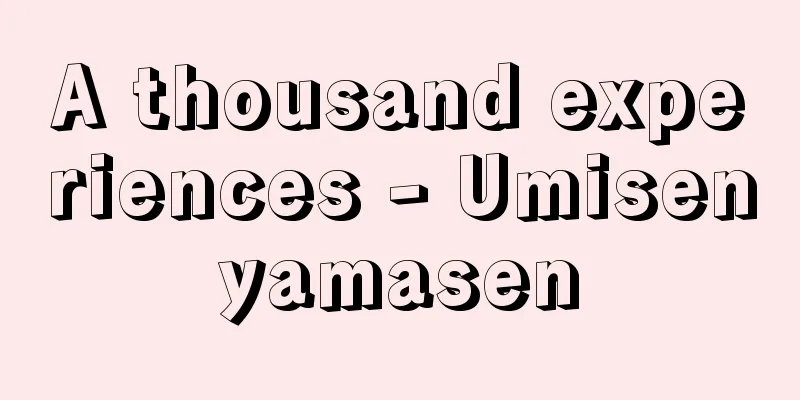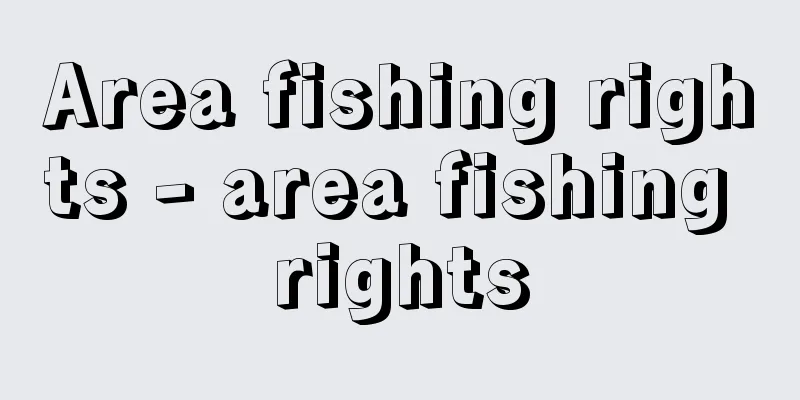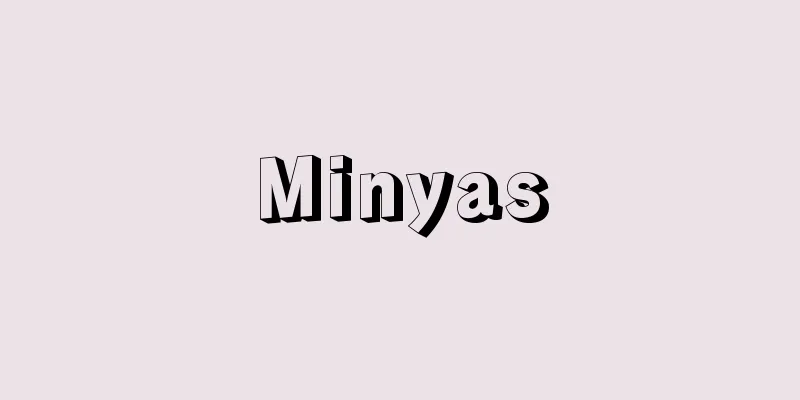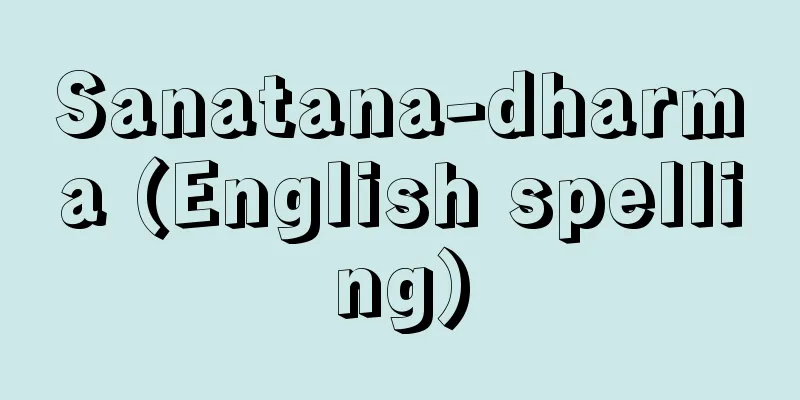A thousand experiences - Umisenyamasen

|
To have ample experience in the world, to know the dark side of things, and to be cunning. [Example] Hey, you're an old raccoon who's seen it all, so I'm sure you know this very well, but what does it mean when a woman, a young woman, hits a man? [Yojiro Ishizaka * Blue Mountains | 1947] [Example] The landlady of a teahouse, who is said to have seen it all, and the old lady who is a saleswoman, do not necessarily know the truth about human beings. [Masamune Shiratori *Hateful of Humans|1949] [Example] Tenbo is the financial manager of Kamimachi Camp, Captain Buono. [Explanation] In the first example, [Blue Mountains], a young man asks a geisha he knows about the psychology of women. It is rude to call a geisha a "very experienced old raccoon." It means "a person who has been through a lot in the affairs of the sexes." The original meaning of "Umisenzansen" is "A thousand years in the sea, a thousand years in the mountains." Based on a Chinese story that says that if a snake lives in the sea or mountains for a long time, it will turn into a dragon, this phrase refers to a person with a lot of experience and shrewdness. It can also be used to describe a detective who has worked his way up from the bottom. This phrase is used effectively in the drama "Shirt Shop" written by Taichi Yamada. A middle-aged man, whose best friend's daughter jokingly says "I like you," turns to his friend in frustration and says, "She's not a proper daughter. She's not." After being speechless, the man mutters, "I've seen it all." His best friend can't help but punch him, because it's a very strong expression that means "a woman who is sexually experienced." Source: Dictionary of Four-character Idioms About Dictionary of Four-character Idioms Information |
|
世の中の経験を十分に積み、ものごとの裏面にまで通じてずるがしこいこと。また、そういうしたたか者。 [使用例] ねえ、君などは海千山千の古ダヌキだからよく分ってるんだろうが、女がだね、若い女が男を殴るというのには、どんな意味があるのかね?[石坂洋次郎*青い山脈|1947] [使用例] 海千山千と云われる待合の女将や、遣手婆さんが必しも人間の真相を知っている訳じゃあるまい[正宗白鳥*人間嫌ひ|1949] [使用例] 天坊は神町キャンプ財務部主任のブオノ大尉の [解説] 最初の[青い山脈]の例では、青年が知り合いの芸者に、女性の心理について尋ねています。芸者のことを「海千山千の古ダヌキ」と言っているのは失礼です。「男女の問題で場数を踏んでいる人」という意味になります。 「海千山千」の元の形は、「海に千年、山に千年」。ヘビが海や山に長く住むと竜になるという中国の話から、経験が長く、したたかな人物のことを指します。たたき上げの刑事などもそう言います。 山田太一脚本のドラマ「シャツの店」では、このことばが効果的に使われています。親友の娘から冗談で「好きです」と言われた中年男が、親友に向かって悔しまぎれに言います。 「あんなのは(まともな)娘なんてもんじゃない。あんなのは」 そこで絶句した後、男は「海千山千」とぼそり。親友は思わず、男をぶん殴ります。「性的にすれた女」という意味を表す、強烈な表現になるからです。 出典 四字熟語を知る辞典四字熟語を知る辞典について 情報 |
<<: Sea elephant - Sea elephant
Recommend
Omotic
…Ethiopia is home to 70-80 languages belonging ...
Lorain
A city in northern Ohio, USA. It is located on the...
Checkers - Checkers (English spelling)
A type of board game played by two people. It is ...
Huancavelica (English spelling)
The capital of Huancavelica Department in south-ce...
Gerard Terborch (Ter Borch)
Dutch painter. Born in Zwolle. He is said to have...
digit
…However, the actual unit of measurement was also...
Occupational disease - occupational disease
If a disease is caused by a person's occupati...
rimes embrassées (English spelling) rimes embrassees
…Rhymes are not unrelated to rhythm, since the fo...
Gratitude - Onryo
In the Middle Ages, land was given to servants by ...
Akiyama Kichigoro
… [History of Toys] It began in Europe in 1868 wh...
Alpers, A. (English spelling) AlpersA
…Other works that include retellings of Maori myt...
Easy
(easy)[1] [adjective-verb] ① Easy; relaxed. ※Yabu ...
Pants - trousers
A Japanese term for the two-pronged, tubular oute...
Storeroom staff - Nandokata
〘Noun〙 (also "nandogata") ① = nandogata ...
Haliplidae
…They emerge from the water and pupate in the soi...









